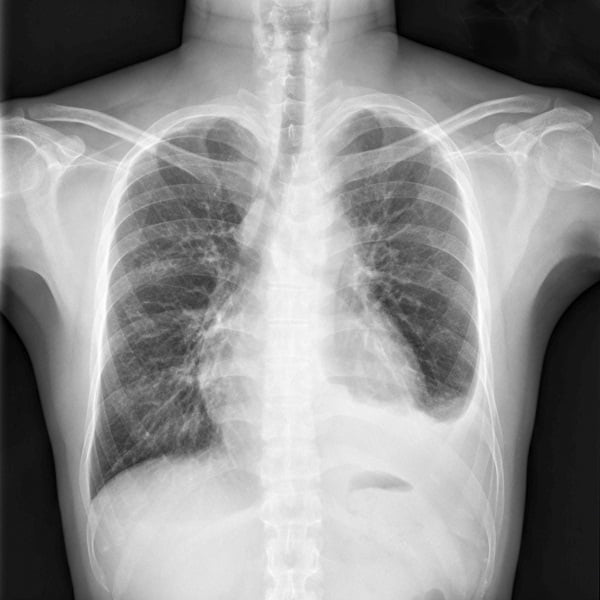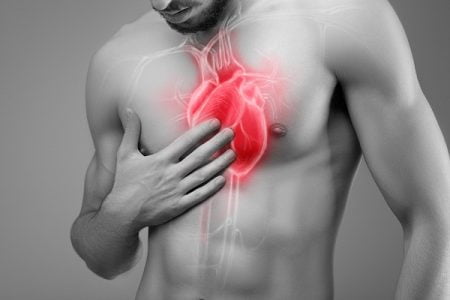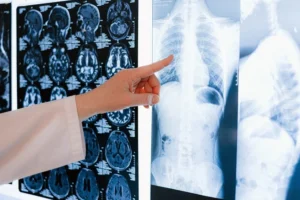What is Enlarged Heart (Cardiomegaly)?
- Updated on: Jul 29, 2024
- 2 min Read
- Published on Apr 19, 2021

What Does It Mean to Have an Enlarged Heart (cardiomegaly)?
An enlarged heart (known as cardiomegaly in medical terms) isn’t a disease, but rather a sign of another underlying condition.
You may develop an enlarged heart temporarily because of infections, stress on your body, in pregnancy, or due to some medical conditions, such as because of weakening of the heart muscles, coronary artery disease, heart valve problems or abnormal heart rhythms (arrhythmias).
It can be caused because of several reasons, but often it is the result of high blood pressure (hypertension) or coronary artery disease. Your heart can become enlarged because of a congenital problem or a heart attack.
Read about causes of enlarged heart.
What happens when your heart becomes enlarged?
If the heart is enlarged, it may not pump blood effectively, which can cause congestive heart failure. Sometimes, it may improve over time. But most people with an enlarged heart need life-long treatment.
Cardiomegaly can also sometimes accompany anemia and thyroid diseases (such as hyperthyroidism), among other conditions.
Infections, nutritional deficiencies, alcohol, drugs, and certain medicines have been found to be associated with cardiomegaly. Pregnancy can also result in some temporary enlargement of the heart die to stress on the body.
Signs and Symptoms of Cardiomegaly
Symptoms of cardiomegaly (enlarged heart) depend on its cause. Cardiomegaly may not cause any symptoms in some cases.
In other cases, it can cause signs and symptoms such as water retention (edema), weight gain, arrhythmia, palpitations, fatigue, shortness of breath, and chest pain.
Read about signs and symptoms of enlarged heart (cardiomegaly).
Is an enlarged heart serious?
People with high blood pressure (hypertension) and an enlarged heart have four times the risk of a heart attack than one with the same blood pressure but a normal-sized heart.
People with thickened heart muscles have as much as 12 times the risk of a stroke than a person with a normal-sized heart. Such people are more likely to have irregular heartbeats (arrhythmias).
How is enlarged heart linked to valve defects?
Any defect or disease that damages any of your heart’s valves can lead to an enlarged heart.
For example, patients with cardiomyopathy (stiffening and thickening of the heart muscle) may develop an enlarged heart. Coronary artery disease can cause the heart to enlarge.
Pulmonary hypertension (increased blood pressure) within the artery that connects your lungs to the heart can enlarge your heart. It forces the heart to work harder to transfer blood between the heart and lungs, causing its enlargement.
Heart Failure due to an Enlarged Heart
If the left ventricle of your heart is affected, the heart can weaken to an extent that it cannot meet the body’s demand for blood supply. This can lead to heart failure.
An enlarged heart can disrupt the heart’s normal rhythm, leading to a cardiac arrest (heart failure). Patients with an enlarged heart are also at greater risk of developing blood clots inside their hearts. If these clots break, they can move to other body parts such as the brain, lungs, endangering the life of a patient.












